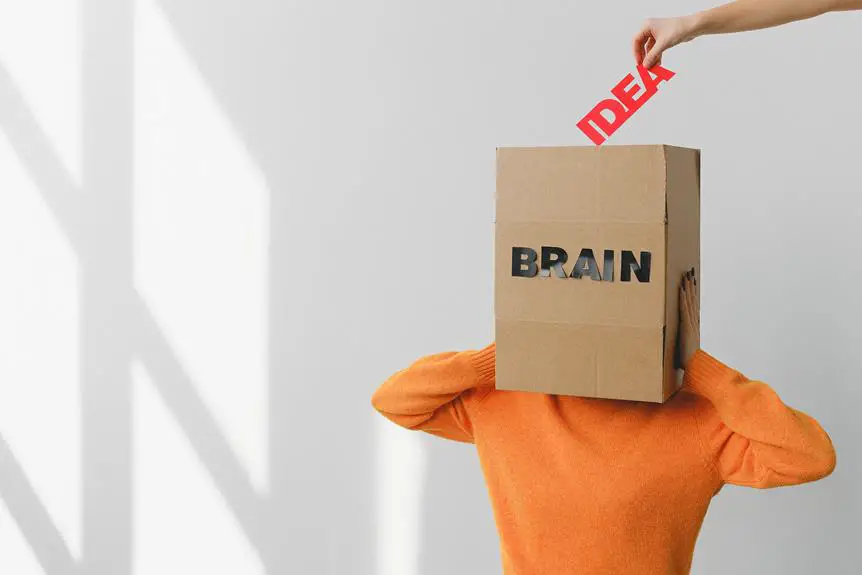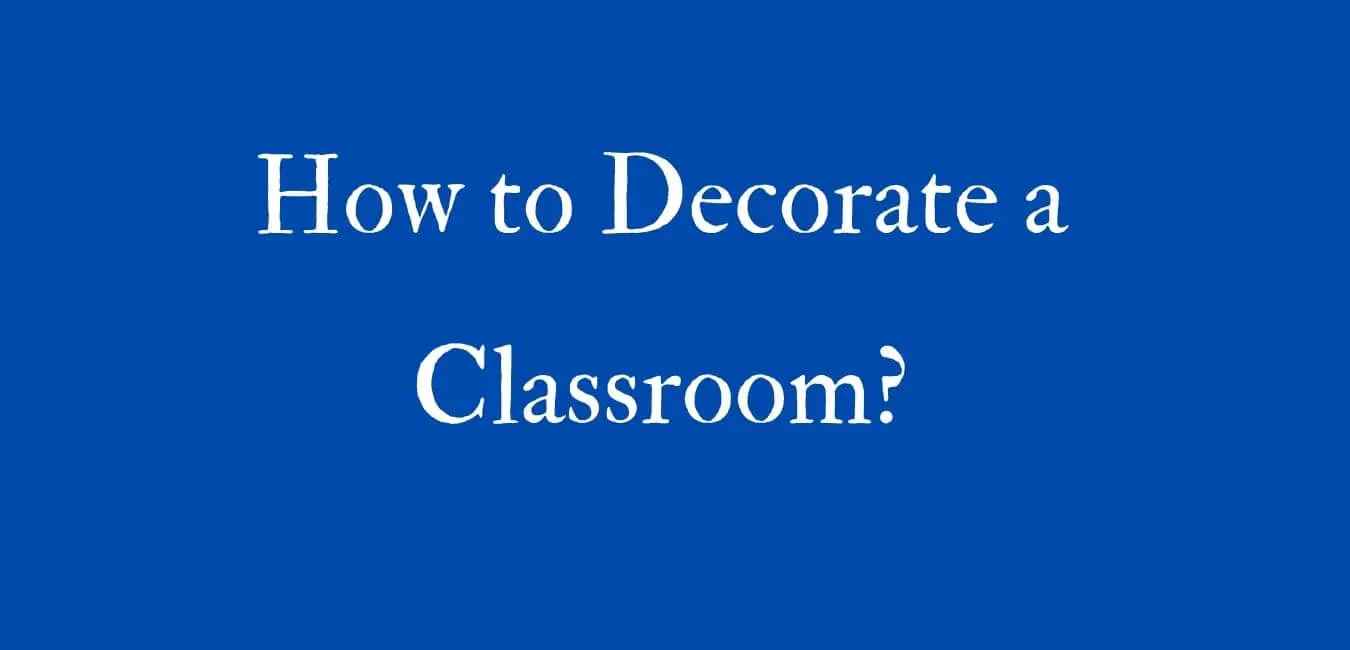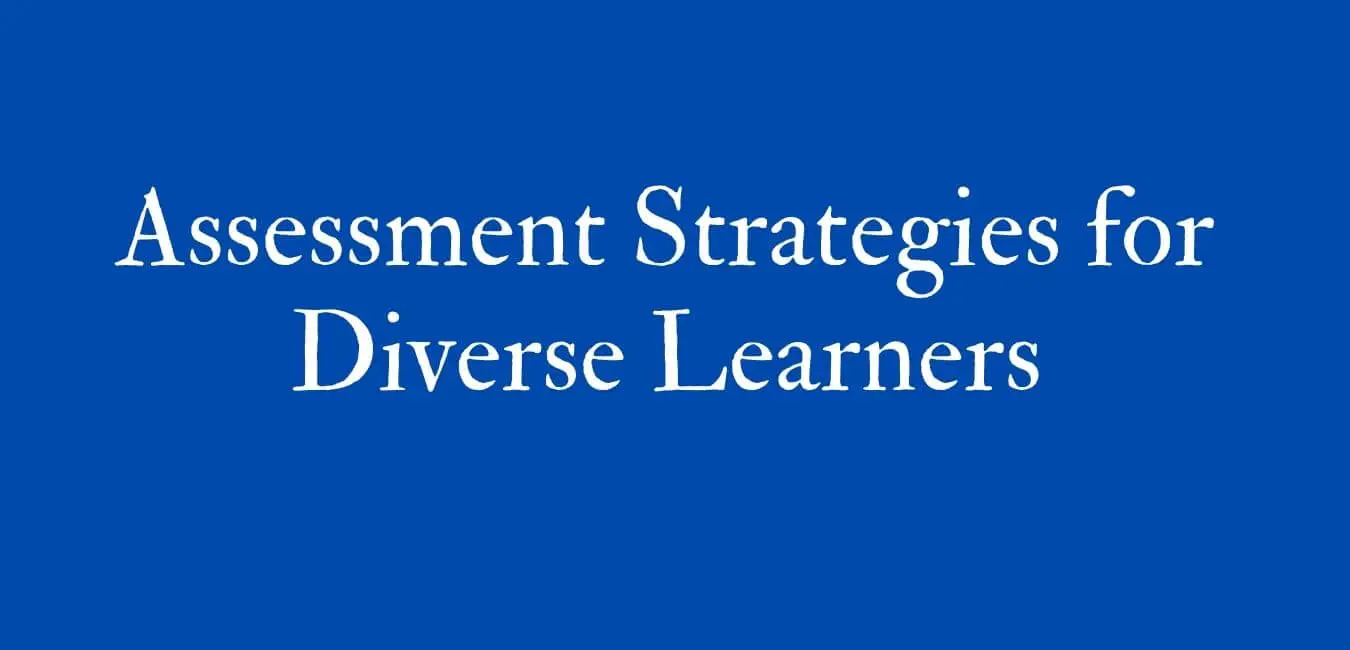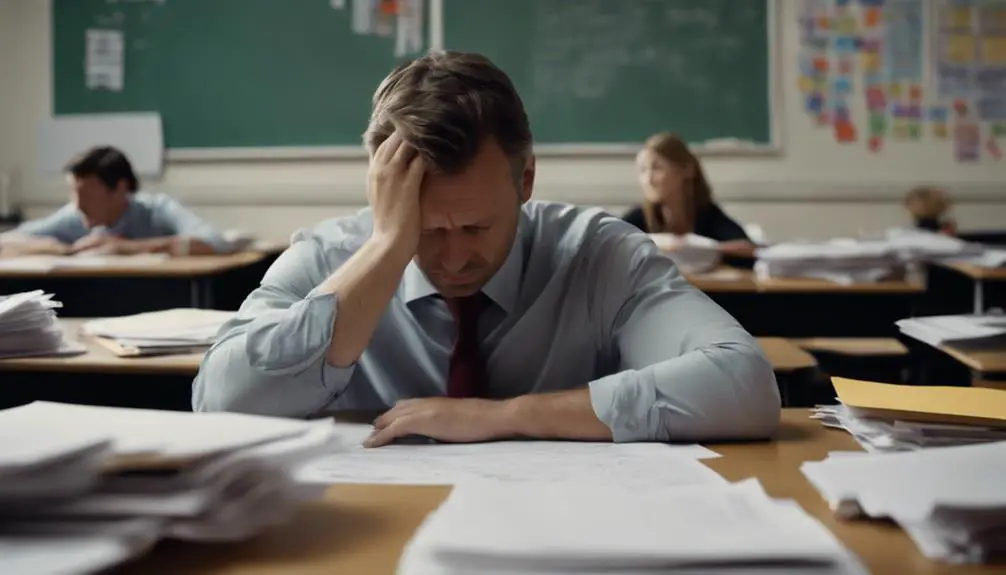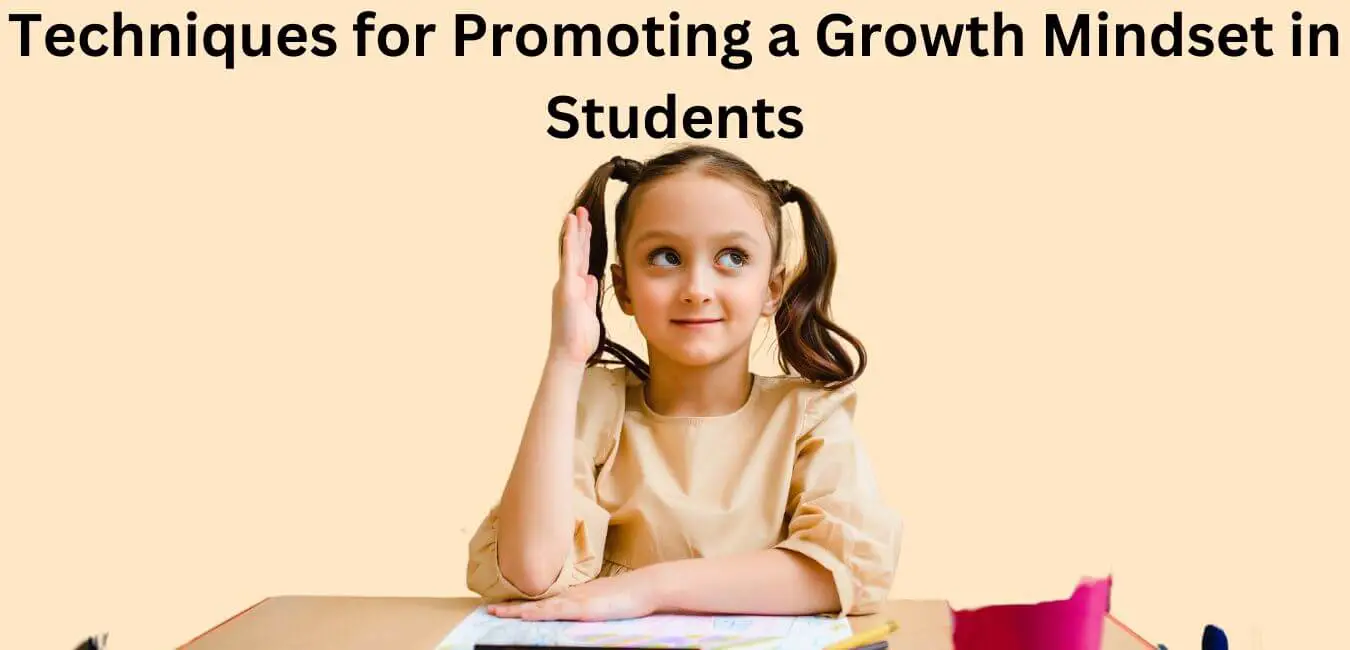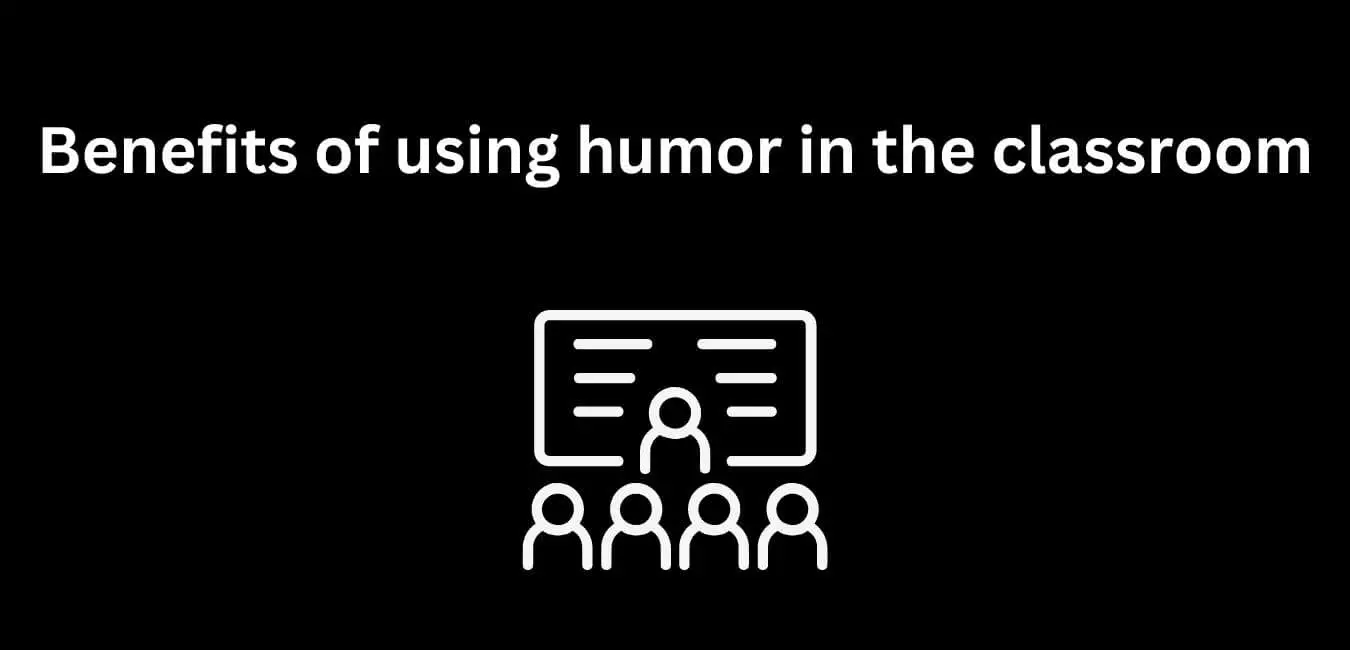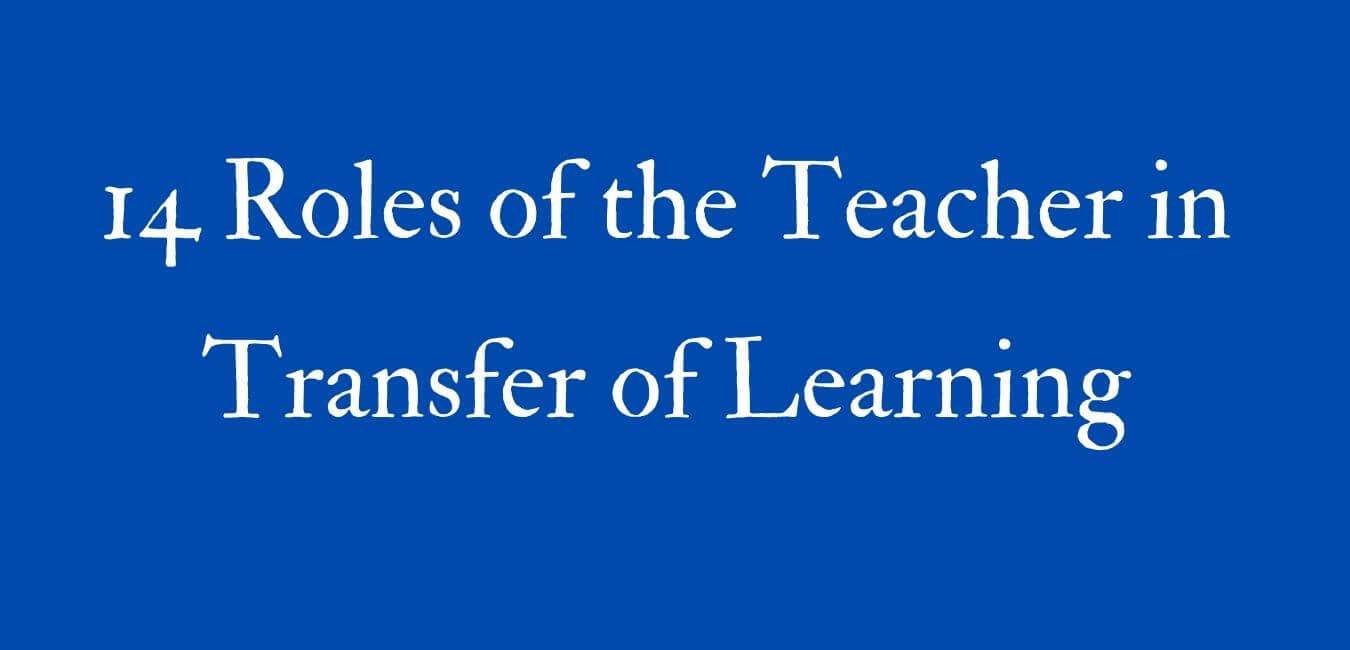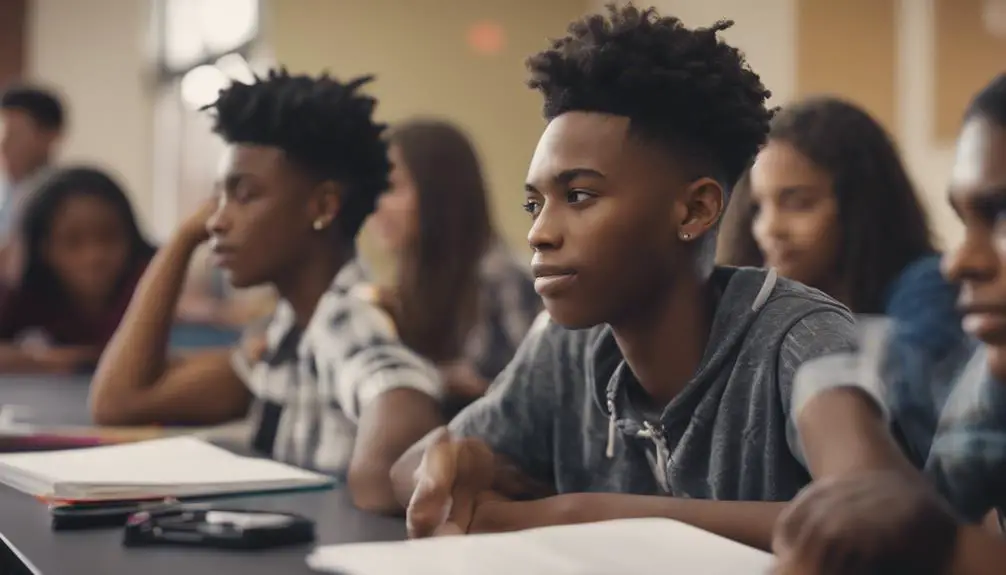As an educator, I’ve always been fascinated by the shortcomings of traditional assessments in accurately measuring a student’s understanding. For instance, consider a recent multiple-choice test I gave to my students. Despite their impressive scores, I couldn’t help but question whether these assessments truly captured their comprehension of the material.
This made me reflect on the effectiveness of assessments in assessing understanding. In this discussion, we will delve into the reasons why assessments often fall short in measuring true understanding and why it’s crucial to reassess our approach to assessment to better support student learning.
13 Reasons Why Assessments Don’t Really Measure Understanding
Assessing understanding can be a challenge for traditional assessments for several reasons.
These factors collectively contribute to assessments that fail to truly measure understanding.
Limited Time Constraints
Assessments often struggle to accurately measure understanding due to the limited time available to test takers. Time management becomes crucial when answering questions within a set timeframe. Test anxiety can hinder performance as individuals may feel rushed and make mistakes under pressure.
Additionally, limited resources, such as a lack of study materials or technology, can further impede test takers from fully demonstrating their understanding. Standardized testing, which often imposes strict time limits, exacerbates these challenges. The rush to complete the assessment can lead to measurement errors as individuals may not have enough time to carefully analyze and respond to questions.
Therefore, the limited time constraints placed on test takers present a significant obstacle to accurately assessing their understanding.
Narrow Focus on Facts
The time constraints on assessments limit accurate measurement of understanding and lead to a narrow focus on facts. This narrow focus fails to capture the depth of knowledge and critical thinking that students possess. It’s disheartening to see assessments that lack problem-solving or analytical skills, as they prioritize memorization over practical application.
By ignoring conceptual understanding, assessments fail to assess a student’s ability to think critically about the subject matter. Moreover, the exclusion of analytical skills and the disregard for application-based learning further limit the scope of assessments, preventing a comprehensive evaluation of a student’s understanding.
It’s important for assessments to evolve and include a broader range of skills and knowledge to truly measure understanding.
Emphasis on Memorization
Assessments that heavily prioritize memorization don’t accurately measure understanding. Memorizing information without true comprehension doesn’t foster critical thinking.
When assessments solely focus on memorizing facts and regurgitating them, students aren’t encouraged to think critically or apply their knowledge to real-world situations. This disconnection from real-world application can hinder students’ ability to understand and analyze information beyond the context in which it was learned.
Moreover, assessments that disregard individual learning preferences may not effectively measure understanding. Different students have diverse ways of learning and grasping concepts, and assessments that fail to consider this may not accurately assess their understanding.
Lastly, an insufficient feedback loop in assessments can prevent students from receiving meaningful feedback to improve their understanding. By placing excessive emphasis on memorization, assessments neglect the crucial aspects of critical thinking, real-world application, individual learning preferences, and providing adequate feedback, resulting in an inaccurate measurement of understanding.
Lack of Real-World Context
When it comes to assessments, the lack of real-world context is a significant issue. The focus on memorization fails to equip students with the necessary skills to apply their knowledge effectively.
Assessments that lack real-world application hinder students from developing a practical understanding of the concepts they learn. Without authentic assessments that simulate real-life situations, students struggle to transfer their knowledge to practical contexts.
This disconnect between classroom assessments and the real world limits students’ ability to develop a contextual understanding of their learning. Therefore, it’s crucial for assessments to incorporate real-world scenarios that require students to apply their knowledge in meaningful ways.
Inability to Apply Knowledge
One of the main reasons assessments often fail to measure understanding is because students struggle to apply their knowledge in real-world situations. This happens when they find it difficult to connect theoretical concepts to practical understanding. While they may have memorized facts and formulas, they may struggle when it comes to real-life application.
Another contributing factor is the challenge of transferring knowledge from one context to another. This lack of practical knowledge hinders their ability to demonstrate understanding during assessments. Assessments that only require regurgitating information without considering its practical application can’t capture the true depth of a student’s understanding.
To truly measure understanding, assessments should involve real-world scenarios that require students to apply their knowledge in meaningful and relevant ways.
Bias Towards Test-Taking Skills
Struggling to apply knowledge in real-world situations, students face another challenge in assessments due to a preference for test-taking skills. This preference is evident in the standardized format of assessments that often fail to accurately gauge a student’s true understanding. Here are some reasons why this preference hampers accurate assessments:
- Test anxiety: The pressure to perform well on tests can cause students to feel anxious, leading to subpar performance and an inaccurate reflection of their understanding.
- Cultural bias: Assessments may unintentionally favor certain cultural backgrounds, putting students from diverse backgrounds at a disadvantage.
- Inconsistent grading: Grading practices can vary among different teachers or examiners, resulting in subjective judgments and unfair evaluations.
- Lack of real-world application: Assessments that focus solely on memorization and regurgitation of information fail to measure a student’s ability to apply knowledge in practical situations.
These factors contribute to the bias towards test-taking skills, undermining the accurate measurement of understanding in assessments.
Ignoring Individual Learning Styles
Ignoring individual learning styles undermines the accuracy of assessments in measuring understanding. Learning preferences vary from person to person, and when assessments fail to consider these preferences, they may not accurately reflect a student’s true level of understanding.
Personalized instruction and differentiated learning strategies are essential for meeting the diverse needs of students. By providing diverse assessments that align with different learning styles, educators can gain a more comprehensive understanding of each student’s progress.
Additionally, individualized feedback plays a crucial role in helping students improve their understanding. When assessments disregard individual learning styles, students may be at a disadvantage as they aren’t given the opportunity to demonstrate their knowledge in the way that suits them best.
Consequently, the accuracy and validity of assessments in measuring understanding are compromised.
Failure to Capture Creativity
Failure to capture creativity hampers the ability of assessments to accurately measure understanding.
When assessments solely focus on memorizing and regurgitating information, they fail to promote innovation and discourage problem-solving.
By neglecting to assess creativity, assessments miss out on fostering originality and nurturing imagination. Students aren’t given the opportunity to think outside the box and showcase their unique ideas and perspectives.
Assessments should aim to cultivate independent thinking by incorporating tasks that require creative thinking and problem-solving skills. By doing so, assessments can accurately measure understanding by evaluating a student’s ability to apply knowledge in innovative and imaginative ways.
It’s important for assessments to capture creativity in order to provide a comprehensive evaluation of a student’s understanding.
Overemphasis on Rote Learning
An excessive focus on rote learning undermines the ability of assessments to accurately measure understanding.
Rote learning, which is the memorization of facts and information without understanding their meaning, has several disadvantages.
Firstly, it hinders critical thinking skills. By relying solely on memorization, students aren’t encouraged to analyze and evaluate information critically.
Secondly, rote learning lacks problem-solving skills. Assessments that emphasize rote learning don’t provide opportunities for students to apply their knowledge to real-world situations or solve complex problems. This disconnect from real-life applications limits the practicality of the assessment.
Lastly, rote learning inhibits deep understanding. It focuses on surface-level knowledge, preventing students from developing a deeper understanding of the subject matter.
Ultimately, an excessive emphasis on rote learning in assessments fails to measure true understanding and hampers the development of critical thinking and problem-solving skills.
Inadequate Feedback Mechanisms
The limitations of rote learning not only hinder the accurate measurement of understanding but also contribute to the inadequacy of feedback mechanisms in assessments. Without a proper understanding of the material, students are unable to provide meaningful responses, leading to shallow feedback.
This lack of feedback improvement hampers the effectiveness of assessment methods and prevents instructors from understanding the learning gaps that need to be addressed. As a result, students’ learning outcomes are compromised, and their progress is hindered.
To overcome this, alternative evaluation approaches should be considered. These approaches should focus on assessing deep understanding rather than rote memorization. By addressing assessment gaps and implementing effective feedback mechanisms, we can enhance learning outcomes and provide students with the support they need to succeed.
Neglecting Critical Thinking Skills
Assessments often fall short in accurately measuring understanding because they neglect critical thinking skills. Developing critical thinking is crucial for students to effectively analyze, evaluate, and synthesize information.
However, traditional assessments tend to focus more on memorizing and regurgitating facts rather than fostering analytical thinking. This narrow approach limits the ability to assess students’ true understanding and application of knowledge.
To address this issue, alternative assessment methods should be considered. Holistic evaluation, for example, takes into account a student’s ability to think critically, solve problems, and demonstrate creativity.
Disregarding Prior Knowledge
When it comes to understanding why assessments often fail to measure accurately, it’s crucial to address the issue of disregarding prior knowledge. When assessments overlook a student’s existing knowledge, they miss out on an opportunity for deeper learning and practical application.
This neglect hampers contextual learning, which enables students to connect new information with what they already know. By disregarding prior knowledge, assessments become disconnected from real-life situations and fail to provide a meaningful measurement of understanding.
This can be frustrating for students who desire personalized assessments that allow them to demonstrate their creativity and critical thinking abilities. Consequently, students may feel disengaged and uninspired, resulting in a lack of motivation and a superficial understanding of the subject matter.
Ultimately, assessments that disregard prior knowledge deprive students of the chance to truly showcase their understanding.
Insufficient Assessment Variety
Insufficient assessment variety limits the ability to accurately measure understanding. When assessments lack variety, they become inadequate in assessing the depth of a student’s understanding. Standardized testing, which often has a limited scope, is a prime example of this issue. These tests focus on memorization and recalling information, rather than evaluating critical thinking skills and application of knowledge.
The lack of depth in these assessments fails to capture a student’s true understanding of a subject. Additionally, subjective evaluations can further hinder the accuracy of assessments. Different teachers may have differing criteria for evaluating understanding, leading to inconsistent results.
To address this problem, assessments should incorporate a variety of formats, such as open-ended questions, projects, and real-life scenarios, to provide a more comprehensive and accurate evaluation of understanding.
Conclusion
Assessments often fall short in measuring understanding. They only capture a small portion of the whole picture, like a single stroke in a masterpiece. They fail to capture the depth and complexity of knowledge.
To truly understand, we must go beyond tests and embrace a holistic approach that values creativity, critical thinking, and practical application. This is the key to truly grasping the beauty of learning.

